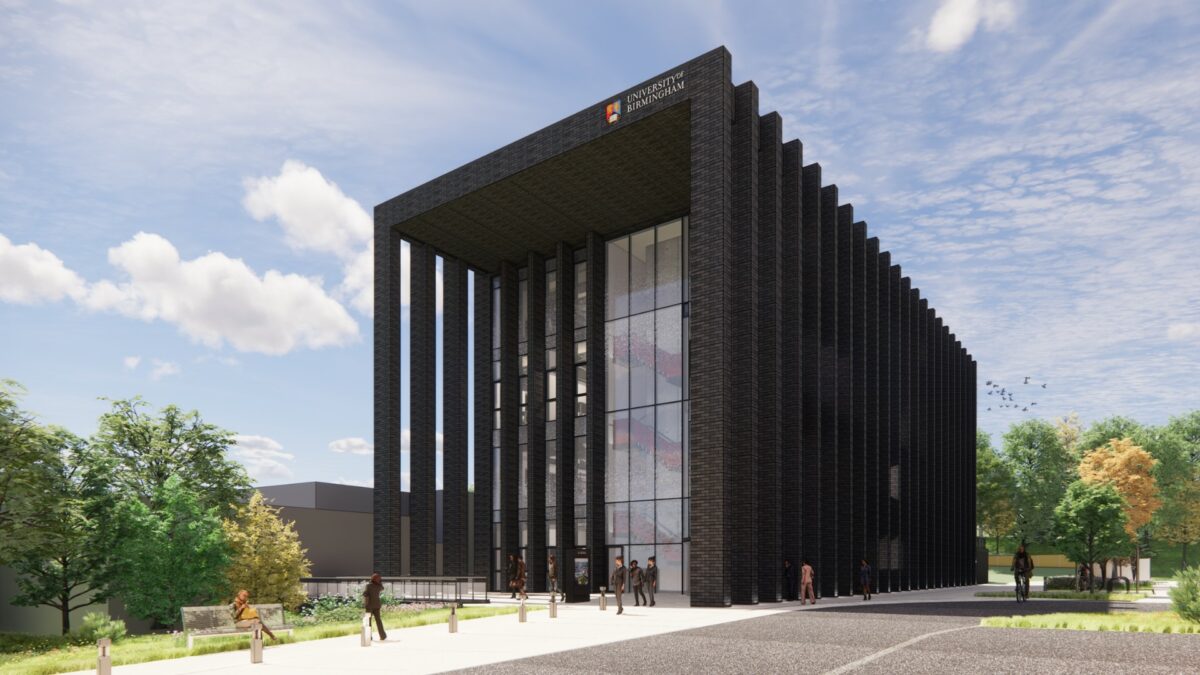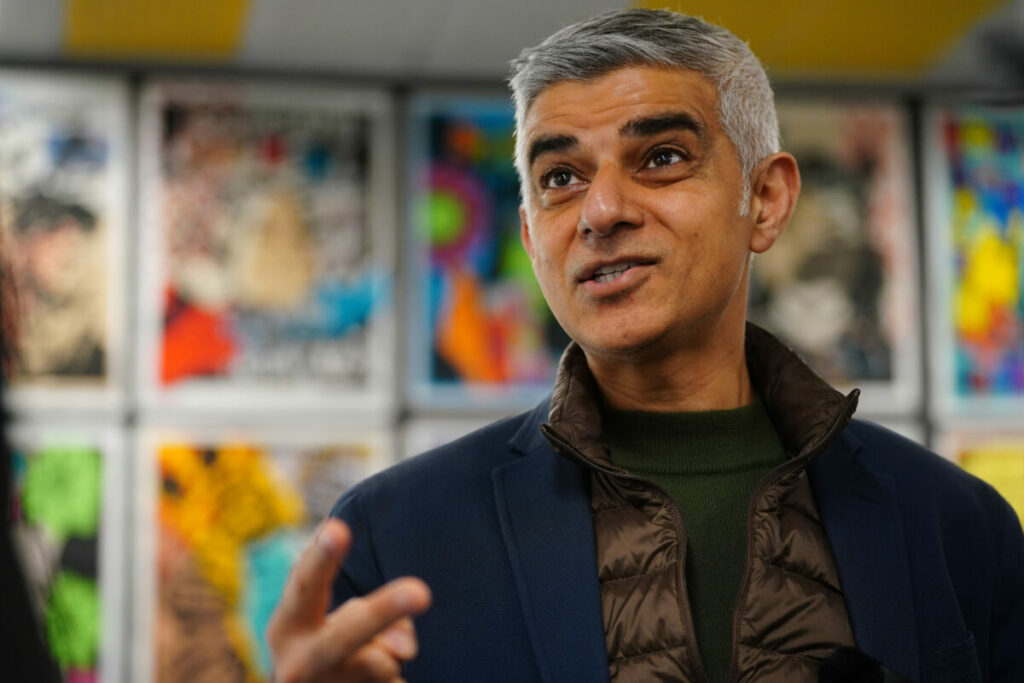The University of Birmingham has announced plans to build a £50 million net zero carbon smart building, and will aim to significantly expand its energy research and education.
The new building will be home to the Birmingham Energy Institute and will contain state of the art research laboratories, including a “living laboratory” to test innovation in low carbon energy systems.
Construction on the building, which will help to expand research into energy storage and systems and will help to develop storage, cooling, materials irradiation and hydrogen fuel.
It follows the opening of a high-flux neutron facility, which helps with the development of materials and sensors for new nuclear energy facilities.
University of Birmingham Professor Martin Freer described the move as “a truly ambitious step towards a net zero-carbon society.”
He continued: “This new investment will put us in a position to bring transformational change to the sector. We are excited to be working with both existing and new partners to develop and test new innovations both technical and non technical on a scale that is not currently available anywhere else in the UK”
Subscribe to Sustainability Beat for free
Sign up here to get the latest sustainability news sent straight to your inbox everyday
West Midlands Mayor Andy Street added: “This investment and facility very much supports our regional agenda – developing our research and technology capabilities, enhancing our preparedness for the Green Industrial Revolution and demonstrating public/private cooperation at its very best.”
Also commenting on the news, Leader of Birmingham City Council Councillor John Cotton said: “This investment will further the exciting work already being undertaken by the Birmingham Energy Institute that will help us meet the challenge of decarbonising and providing clean energy”.
“It is clear that we cannot meet our climate goals without changing the way that our domestic and industrial buildings are heated and powered, and this investment will help to unlock pioneering new technologies.”















